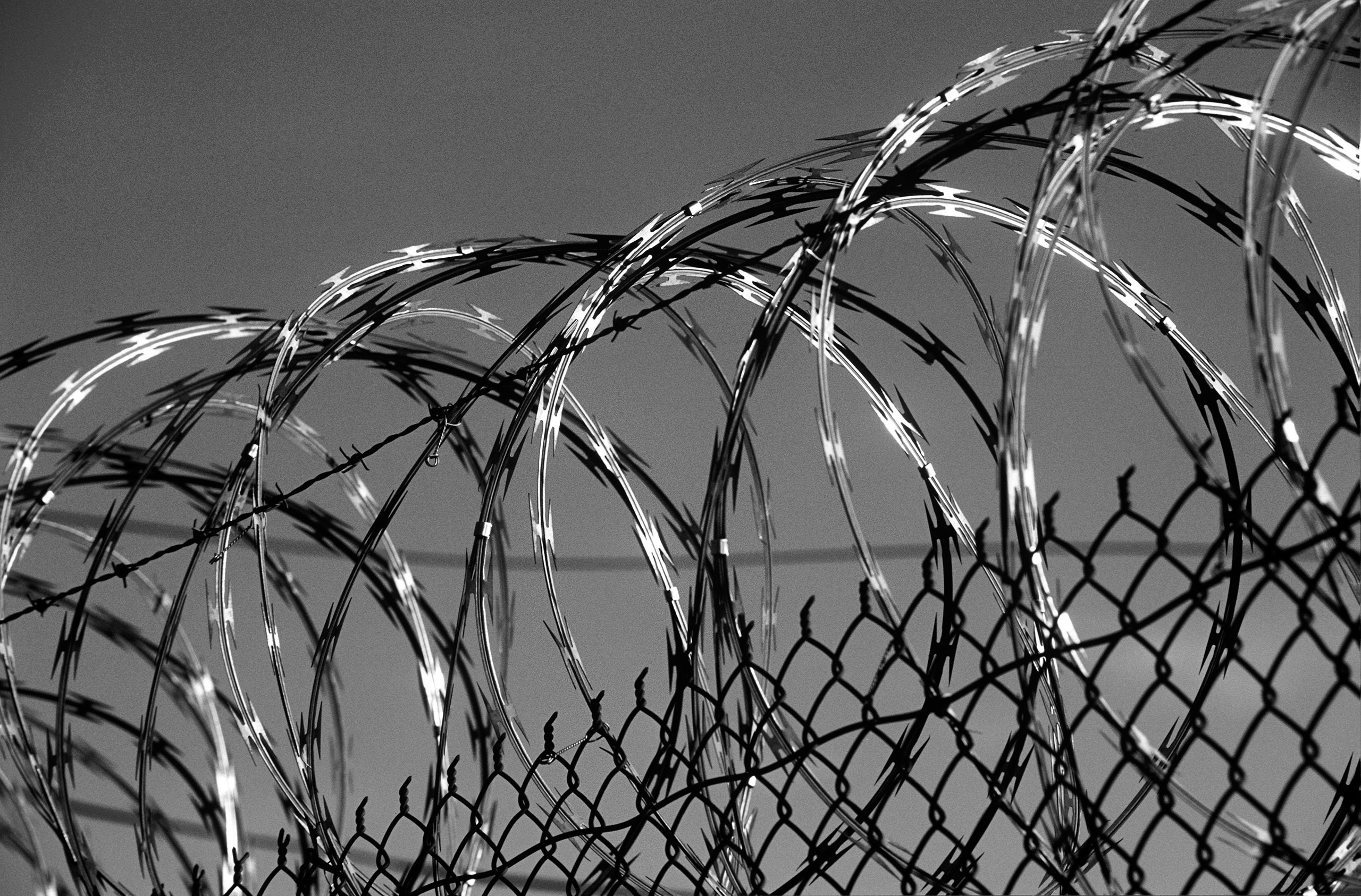
The United States has the largest prison population on the planet. Though the number of people incarcerated has been falling over the last five years, there are still close to 2 million people in federal and state prisons, county and local jails, and in the 200 + detention facilities run by Immigrant and Customs Enforcement and border detention facilities run by Customs and Border Protection. People who are incarcerated are at a much higher risk of infectious diseases than the general population. Prisons are overcrowded, sanitary conditions are often extremely poor, and access to health services is limited, especially emergency health services that require moving people out of prisons for proper treatment. Incidents of denial of care and delays in getting needed treatment for those incarcerated is well documented throughout the prison system. Private prisons have received the most scrutiny in this regard. However, they hold a relatively small number of the people in state and local prisons and jails, and a declining number – approximately 10% – of those in federal prison. In detention facilities run by ICE, however, private contractors oversee the incarceration of nearly 75% of immigrant detainees. Conditions in publicly run facilities are not much better, and increasingly many public facilities contract with private firms for the delivery of health services anyway. In short, the systemic reality of incarceration is detrimental to the health of those imprisoned, the people working at the facilities, and the broader public. These environmental problems are often magnified by incentives to keep costs as low as possible – which translates into a reduction of services.
As a result of these conditions, the spread of infectious disease is a recurring problem in prisons, raising concerns about the possibility of COVID-19 spreading in prisons and detention facilities.
Take Action: DWN Organizing Tool Kit
Detention Watch Network has created an organizing toolkit for folks willing to step up and work toward the release of folk in detention facilities, jails and prisons. The toolkit is actually pretty amazing in scope - covering ideas for federal, state and local actions, including sample letters, emails and call-scripts to policy makers, as well as a variety of templates, including letters for attorneys filing for humanitarian release. There are also guides for creating (or engaging with existing!) community networks that provide support for people upon release from detention. You can view the entire document here.
Part of the document - that I will lift out here - is a list of petitions that are open around the country. These are quick actions you can take right now!
Florida ● Petition - Miami-Dade Community Call for DecarcerationMaryland ● Petition - Urging Governor Hogan to issue an Executive Order for Marylanders in detention, jails, prisons, or interaction with law enforcementMinnesota ● Petition - No One Is Sentenced to Die From Coronavirus - Emergency Recommendations for MN’s Incarcerated
Ohio ● Petition - Keep COVID-19 out of Ohio Jails, Prisons, and Courts
Texas ● RAICES letter to ICE Field Office Director - Daniel Bible (San Antonio Field Office)
Washington ● Petition - Endorse an Abolitionist Public Health: #COVID19mutualaid demands to DOC & Governor Inslee
